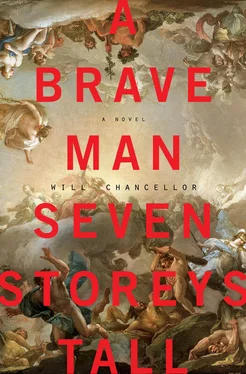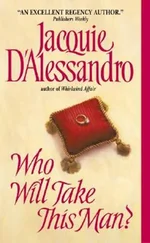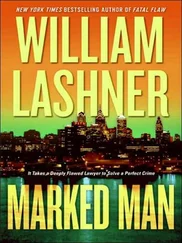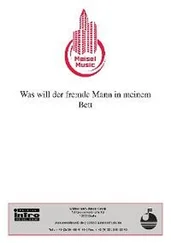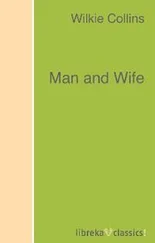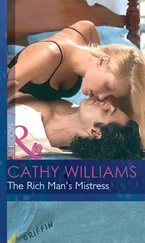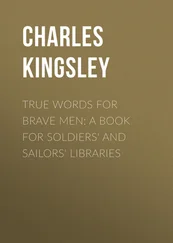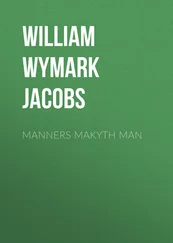— Remember, Johnson’s aphorisms are too true to dismiss as mere entertainment.
— That’s what I’m saying. Which half of my life am I about to waste? Which talents do I not really possess?
— Luckily, you can do anything.
Owen looked for a concrete answer in this reply.
— That doesn’t help. Which half of my life will I waste? Would I have wasted?
His father moved from the foot of the bed to the desk chair.
— Well, I suppose anyone who plunks down his chips and makes a commitment will have at least half a life — which is more than most. It will sort itself out. Johnson speaks to his dried-up ambition as a poet. But had he devoted his light to poetry, the world would have been robbed of its greatest critic.
— I’m giving back my scholarship.
— Getting injured wasn’t your fault. It was in the line of duty, as they say.
— I’m giving back my scholarship and stopping out.
Owen watched his father decode Stanford’s euphemism for student sabbaticals. Burr looked as if someone had taken something from inside him. As if he were now missing some hitherto unnamed organ that was nonetheless essential.
— What are you going to do?
— Art.
Owen had no idea where that came from, nor why it appeared as upper case: Art . He was a dilettante at best, someone who’d taken a few years of drawing. Sketches of classmates littered the margins of his high school notes. His drawings looked real enough, but the art teachers never said he had talent. They picked their words carefully to encourage students like him, but not too much. Owen had no claim to the clutch of students who’d pledged their lives to art before adolescence. Still. If he wanted to do something significant before he turned thirty, it was art, music, or sports — and he’d never learned an instrument. He recognized this immediately for what it was: grasping at straws so his hands wouldn’t be empty. And his expression betrayed vague ambitions, emboldening his father.
— That’s not how art works, I’m afraid. You don’t just declare yourself an artist at twenty-one.
— I’m going to be an Artist.
— And I’m going to be an astronaut!
— If I devote the next twenty years to studying art… I’ve got to know which is the wasted half, and right now that means plunking down my chips for art.
— That’s not an option. You’ll only have a few months to go from the time your prosthesis is ready until commencement.
— I’m sure as hell not going to have a glass eye.
— The medical literature says the best ocular prostheses are acrylic.
— I’m not getting an artificial eye.
— Well, what? You’re just going to wear an eye patch forever?
— Yes.
— We can talk about it while you recover.
— There’s nothing to talk about. Have you ever seen someone with a fake eye? It’s uncanny. People can’t help but examine. The best-case scenario is no one noticing. Which is another way of saying that I would be lying to everyone. No. I had an eye. Now I have an eye patch.
— It’s just so… I don’t know… cartoonish.
— James Joyce wore an eye patch.
— Not by choice! These options weren’t available to him.
— I can’t do anything about that. And you’re not helping.
— If nothing else, you’ll need a prosthesis to get back in the water. I’m sure Coach Rudić will want you to train your replacement in Colorado Springs and travel with the team to Athens. Who knows, you may even be able to contribute in certain situations.
— Like total darkness? In-the-land-of-the-blind type of thing? I’d just be a distraction. You know what they call a particularly effective distraction?
— What?
— A mascot.
Owen’s father withered. He had no response. He looked at his feet.
— I have no idea about your sport. All I know is that you can do anything.
— Except art.
— That’s not fair. I just mean that if anyone can overcome this much adversity…
— This is not a comeback story, Dad. And I refuse to become an ex-athlete, especially at twenty-one. I’m not going to sit on a bench in street clothes, turn and wave graciously to a crowd shaking their heads at what a pity this all is. I’m traveling with whatever’s left of the insurance money.
— What insurance money? Your grandfather’s estate is all tied up in maintenance on this house, and there’s not more than a thousand dollars left from the other settlement.
— I’ll work abroad and come back for the rest of my senior year later — several years later, if they let me.
— They won’t.
— Then I’ll have to adapt.
— Adapt? You have no idea what kind of world it is out there. The barbarians are at the gates! You’re talking about serious engagement with the real world, but unfortunately you carry an academic’s passport. Have you been in the company of Vandals? You can visit, but to think you can adapt is just too… Lamarckian.
— Well, I guess we’ll see if I can really do anything.
Owen turned on the bathroom light. Pale blue chlorine — once from his pores, now from bleach on the tile — flared his nostrils. He gripped the cold slab counter, thick enough for a real grip, and faced the mirror. After a few confidence breaths, the same breaths he took each morning before leaping through the morning steam and crashing into the practice pool elbows-first, Owen unhooked the metal clips and unrolled the bandage around his head. The gauze pad over his left eye was a washed pink, brick red at the edges; Owen picked at the bottom, using his thumbnail as a trowel.
He braced for the tug of coagulated blood, but at his first prod the pad fell limply into the sink. Instead of a black crusted mess, Owen found a little yellow, a little blue, and a drooping — as if too much eyelid had grown in his sleep. Without thinking, he closed his right eye to compare. He would never see his right eyelid again.
That was something.
The water scalded Owen’s hands. He clutched his fists, fanning out the burn. Then cold. He tilted his head and took in a side-mouthful of water, washing a Vicodin into the walls of a throat stripped raw by intubation. He set one bottle and one tube by the sink, unthreaded the cap of the bottle, and shot a saline spray into his left upper lid. It surprised more than hurt, like the puff of a glaucoma test. He put the bottle aside and uncapped the antibiotic gel. Holding his eyelids apart, Owen found something softer than he had expected. Muscle and vasculature leapt forward to fill the vacuum, heaping pillow-flesh hiding sutures that were never going to heal.
Fuck .
In pre-op the surgeon had explained that if his eye didn’t improve, they would be attaching the ocular muscles to a Ping-Pong ball — not “something the size of a Ping-Pong ball.” Was the surgeon serious? Owen had been too drugged to ask. Now he unspooled a ribbon of gel into his lower lid, fluttering his eye instinctively and looking away too fast. A jolt rang the center of his skull, and a world-altering headache was born. Each peal of the bell tightened his temples but made everything else expand. How had people done this before painkillers? Maybe they hadn’t. If they hadn’t, maybe he shouldn’t.
He dug through his water polo bag for an eye patch. The elastic band bit into his brow. Stretching it did nothing.
Owen crumbled onto his bed like a tower toppled by ropes and horses. He shaded his eye with his arm. It had been three years, but Owen still saw the ink from his tattoo bleeding and leaving five interlocking rings on his forehead: red, green, black, yellow, blue. Fucking tattoo . Owen read a few lines of Burton. His saccade was off. The gears ground every time he came to the end of a line, jarring, like hitting the right margin on a typewriter during a breathless thought. He took another painkiller before drifting off with the book open on his chest. He woke. Nothing. Read the same sentences again, put the book on the nightstand, and fell out for days.
Читать дальше
